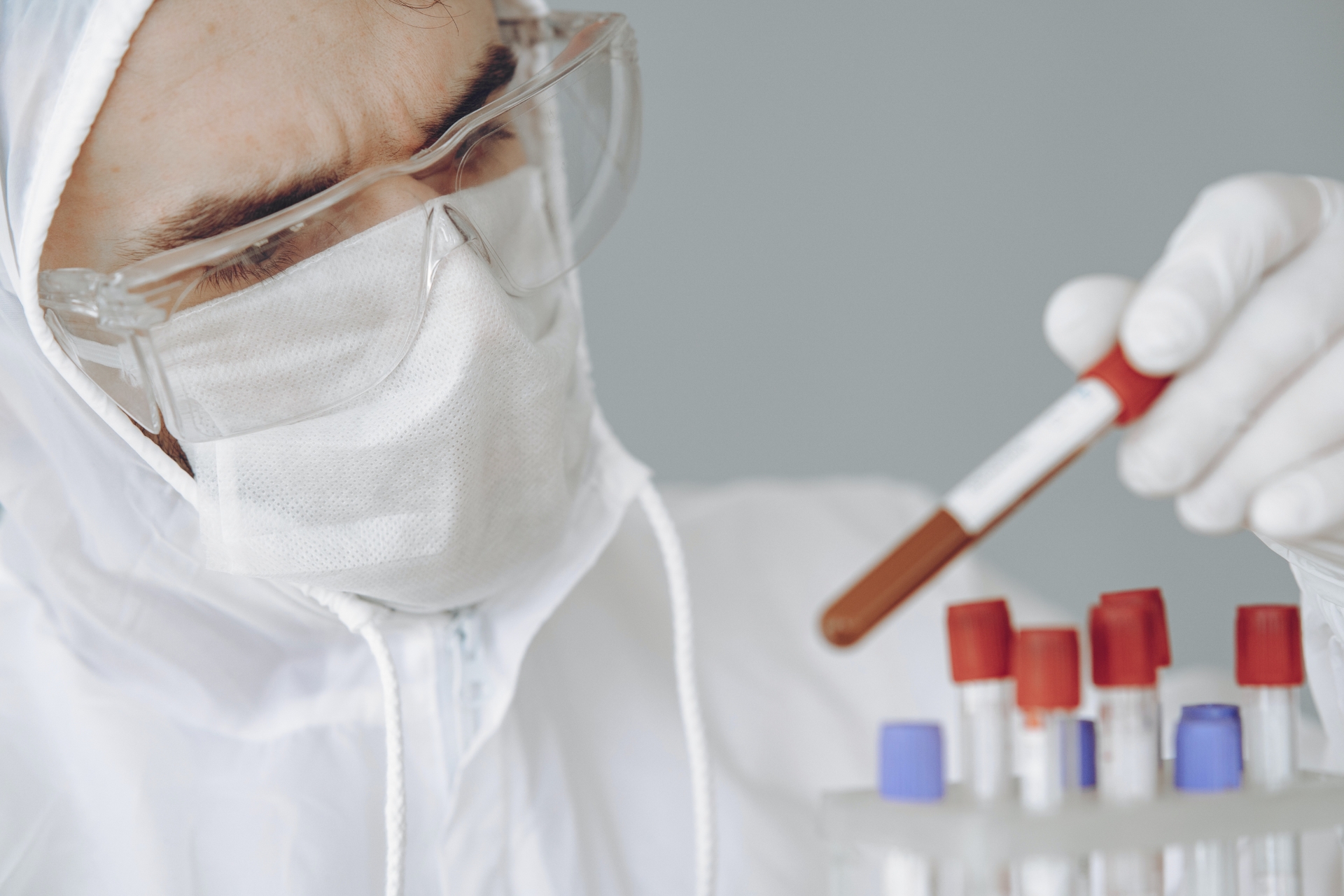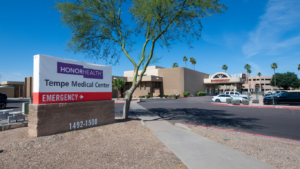Arizona researchers are studying a potential treatment for COVID-19 that does not have some of the more damaging side effects associated with other drugs undergoing trials right now.
The HonorHealth Research Institute and HonorHealth in collaboration with the nonprofit research institute TGen are starting a clinical trial to use a combination of an antimalarial drug called atovaquone and the antibiotic azithromycin in patients with moderate-to-severe COVID-19 infection.
A combination of the two has been previously studied in other infectious conditions and, if proven effective, may represent a “well tolerated” option for patients with COVID-19, said Dr. Michael Gordon, medical director of HonorHealth Research Institute and co-principal investigator of the trial.
“Relatively safer” than other drugs being tested
COVID-19 is primarily a respiratory disease, but it also can damage the heart.
Certain drugs being used in patient trials, like hydroxychloroquine, appear to also increase cardiac complications.
“We know that a related regimen like hydroxychloroquine and azithromycin is being tried in clinical trials around the world and one of the problems with that regimen is that it can cause some cardiac toxicity,” said Dr. Sunil Sharma, one of the clinical trial’s principal investigators with dual appointments at HonorHealth Research Institute and TGen. “Atovaquone and azithromycin is relatively safer compared to that regime.”
Homegrown treatment and analysis of COVID-19
HonorHealth is enrolling approximately 25 infected patients into the study.
Conducted in collaboration with TGen, an affiliate of City of Hope, the new clinical trial is one of 10 that the HonorHealth Research Institute is working on related to COVID-19 to understand the biology, spread and treatment of the infectious disease.
“This is the first trial in the United States, and the first trial made available to patients in Arizona, that involves this specific combination of therapies,” said Kiran Avancha, COO of the HonorHealth Research Institute in Scottsdale.
“We are proud to be supporting this homegrown innovation here at the Institute, where we have been working with other front line providers, scientists and experts across the globe to bring several COVID-19 trials up in record time to support our patients and providers amid this pandemic.”
Volunteers wanted for COVID-19 clinical trials
TGen is involved in a number of other studies of COVID-19 as well. Currently, it is seeking up to a hundred volunteer patients who have recovered from the coronavirus and may have built up antibodies to it.
The study could eventually lead to new methods of diagnosing COVID-19 and help in the development of antibody therapies, and possibly vaccines.
“We are using cutting-edge research tools to study in depth the immune response to COVID-19,” said John Altin, an assistant professor in TGen’s Pathogen and Microbiome Division, the institute’s infectious-disease branch in Flagstaff, also known as TGen North. “Our goal is to enable urgently-needed new diagnostics and treatments for this virus.”
Dr. David Engelthaler, director of TGen North and Arizona’s former state epidemiologist, said this “citizen-science” study could help researchers better understand how the virus has moved through our community.
“This will help us learn more about how, when and why we produce antibodies in response to a COVID-19 infection. One class of antibodies tackles the infection first, and then another comes in to finish the job,” Dr. Engelthaler said. “Knowing when these different immune responses occur, and how long they last, could help us understand if some patients gain a certain degree of immunity against reinfection. We need to know how that works.”
To participate, volunteers must be U.S. residents, age 18 or older, have tested positive for COVID-19, and then recovered. To sign up, go to: COVID immunity study.
This story was originally published at Chamber Business News.




